2016 by Jordan Zandi FIRST EDITION All rights reserved. No part of this book may be reproduced without written permission of the publisher. Library of Congress Cataloging-in-Publication Data Zandi, Jordan, 1984 [Poems. Selections] Solarium / Jordan Zandi. -- First edition. pages cm.
Winner of the 2014 Kathryn A. Morton Prize in Poetry ; selected by Henri Cole. ISBN 978-1-941411-18-6 (ebook) I. Title. PS3626.A6295A6 2016 811.6--dc23 2015017013 Cover design and interior by Kristen Radtke. Manufactured in Canada.
This book is printed on acid-free paper.  Sarabande Books is a nonprofit literary organization. The Kentucky Arts Council, the state arts agency, supports Sarabande Books with state tax dollars and federal funding from the National Endowment for the Arts. For my parents.And for Louise. Table of Contents
Sarabande Books is a nonprofit literary organization. The Kentucky Arts Council, the state arts agency, supports Sarabande Books with state tax dollars and federal funding from the National Endowment for the Arts. For my parents.And for Louise. Table of Contents
Guide
ForewordSolarium is a completely original gem of a book. I have never met Jordan Zandi, but I would like to, for there is a sweet spirit haunting his guileless poems. The Poetry of earth is never dead, Keats wrote in his psychological sonnet On the Grasshopper and Cricket, and with their muddy rivers, fecund fields, and train horns in the distance, Zandis poems seem to bear this out.
Landscape is never mechanical or dead in his work but vitally connected to his mind, where his poems originate in the darker passages of feeling, but his love of nature leads him to an awakened consciousness. Solarium feels like an American book, though not because of its Midwestern-small-town locale. More because of the way the spiritual dilemmas of everyday life lead Zandi to exclamatory acts of the mind. The unusual, unified vision of this book is one in which the thinking-feeling mandisconnected and morose (I was a dead thing once, Zandi writes)finds refuge in the language of a fable-like place, a kind of archetypal Utopia where there is mournfulness, anxiety, and self-doubt (can one ever really escape these things?), but also the endless orgy of the seasons in which Zandis poems continually find delight, with their rose gardens and earth smells, their damp forests and frozen lakes, their deer and hounds, their silos, cherry trees, and shaggy fungi. It isnt exactly optimism I hear in the playful surfaces and linguistic frivolity of Zandis poems, but a quiet hopefulness, the kind of hopefulness that cannot be seen but is a way of locating oneself in relation to a difficult past. His inner world is always interacting with the outer world, and as a result everything seems to be shining.
The sun is coming up and he is leading his companion-horse slowly through deep woods to drink and refresh herself at the rivers edge. Walking across the binary field, / What does the young man see? Zandi asks, searching for signs with his subtle eyes. The answer seems to be the great opium of simply being content within oneselfwith a heart that receives and watches (if a heart watches), while resisting the systems that hurt usand remaining awake to experience.
Henri Cole
I I, the dreamer... William Faulkner
On Stepping off the Train Ta Da. You go out.
Shocked fully into normal. Winter: isnt silent. Snows are dragging. And there is the lake you stood by standing under granite set in the hills steadfast the leaves stuck on the waters suspension an insect fastened to the line, worn out the worn-out reeds bending leaves rustling on the lake and shifting. Bowl of the lake. Bowl of the sky.
Bowl of the lake with the sky in it. You looked at you in the water. The blizzard is cold. And the boy in the blizzard is blue. On My Path Life It was the night, or would be, and the horse was carrying me down the lane of pines. When you get there, what will you plant there? But it was not for her to know; and if I had to talk about my life I would say it was like that. When you get there, what will you plant there? But it was not for her to know; and if I had to talk about my life I would say it was like that.
A bend, and then another, so that the forest that had seemed the same took on two shapes. She stopped thereand spoke without finishingto turn and look back down for the road, toward the place where the evergreens shut. From a Bridge I remember the river rising. It must have been nearly fall, the banked earths smell like a late yellow above the waters slow upward climb. That river was so muddy youd never wade it this time of year but even so, boys from the town would jump off bridges, thinking maybe the depth was safer, but they were wrong. My mother told me a story once of her father, how he was like those boys and jumped off bridges.
When the long rains came the water rose that year also, but the bottom shifted as the currents changed, thus when he dove he broke his neck. And then not paralyzed, he dragged his head from the muck, swimming to the bank on which he could lay his body down, not be carried out to sea. The Gift Horse You can lead a horse to water but when the blind lead the blind he who hesitates is lost. Every field looks green from this distance, even this cemetery, though the grass on the other side feels greener. I ride slowlyit gets me just as far through the country where the one-eyed man is king. My blind companion, Curiosity, my dark horse, is music on the journey.
I hear them, changing horses in the middle of streams. At times, I tell them: better to ask twice than lose the way once. At other times, silent, I pass for a philosopher. Dont worry when you stumble, I tell myself; the worm is the only thing that cant fall down. The Flavor SuiteThree quarks for Muster Mark! James Joyce I Spin 1 Because if I had six elements, I too would call them Up, Down, Bottom, Top, Charm, and Strange: II Riddle and am a useful tool perhaps, like an anvil though also the hammer, am an answer for a kind of play and capable of containing forest, mountain, sea: III Spin 2 and so I spin this ball in handI mean my fingers spin and stand asking myself why would I do that to myself? IV Sea Call death a sea. Solarium1 And daybreak! The sun sitting up Oh God I thought I saw God spread out in the roses again Momentarily, I will be taken up like flame in a cloud like a cinder in fire to outflap the empyrean Dead things gumming the sidewalk. Solarium1 And daybreak! The sun sitting up Oh God I thought I saw God spread out in the roses again Momentarily, I will be taken up like flame in a cloud like a cinder in fire to outflap the empyrean Dead things gumming the sidewalk.
Hello, dead things. Tell me: what good is a life that wears away? 2 I chew the red wire, then the blue wire. Then through the flowered wallpaper Oh! Look at this charming table: already set; built for a mouse; and silent as a banquet hall after the guests have gone. 3 I was a dead thing once. On the back porch once facing the square of my mothers rose garden, with the northfacing windows full-opened in June, and other flowers, the names Ive forgotten, all gone into bloom, Ive heard the train horn bawl out again from across the river, first sound I remember, tolled through the walls of an empty house, have watched the coyotes come loping across these frost-flocked rows of the field



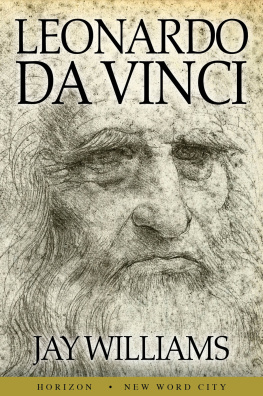





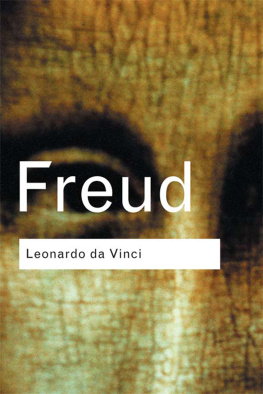
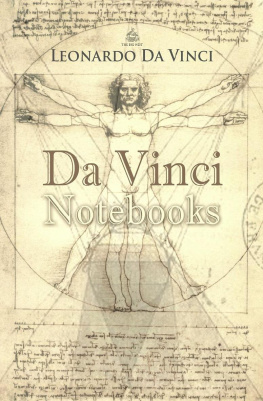
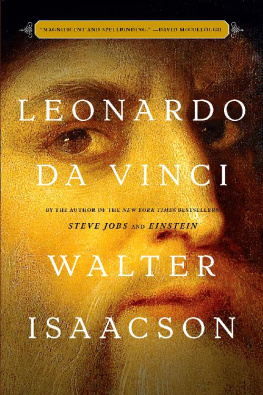
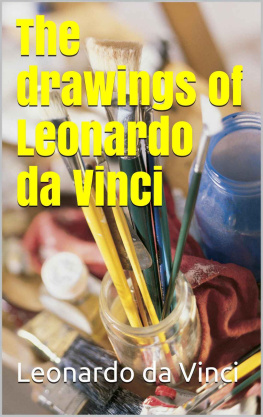



 Sarabande Books is a nonprofit literary organization. The Kentucky Arts Council, the state arts agency, supports Sarabande Books with state tax dollars and federal funding from the National Endowment for the Arts. For my parents.And for Louise. Table of Contents
Sarabande Books is a nonprofit literary organization. The Kentucky Arts Council, the state arts agency, supports Sarabande Books with state tax dollars and federal funding from the National Endowment for the Arts. For my parents.And for Louise. Table of Contents